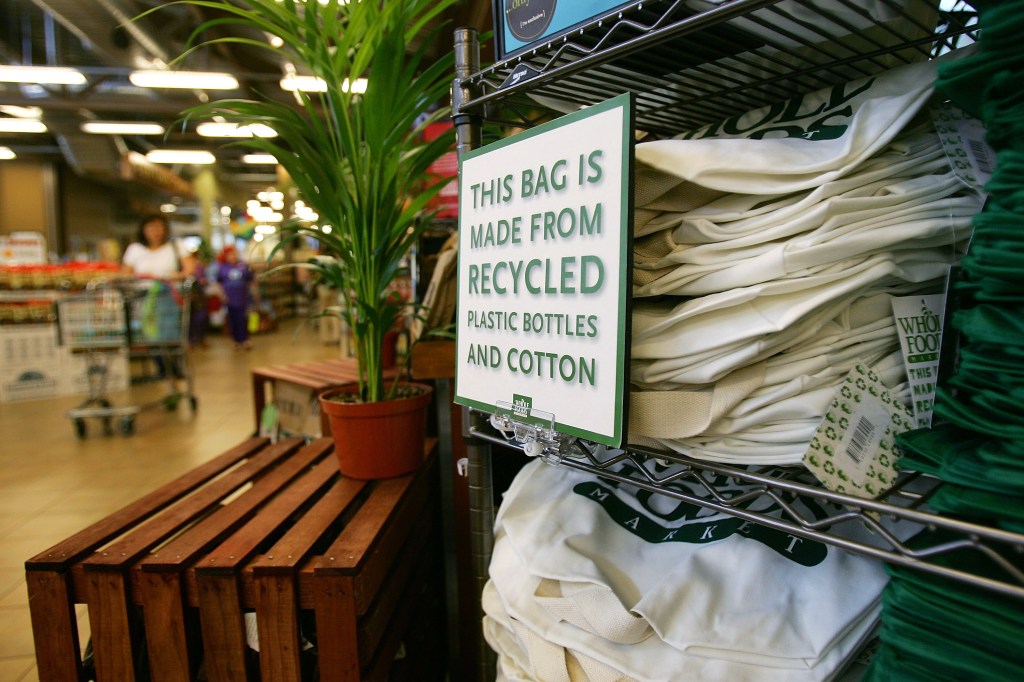A sizable majority of global companies surveyed are planning increased investments in support of their sustainability targets, despite economic uncertainty, according to the fourth edition of the quarterly Environmental Sustainability Index (ESI), released last week by Honeywell in partnership with The Futurum Group.
This survey was conducted during Q2 of 2023.
The ESI is based on a global double-blind survey of 750 business, technology, and sustainability professionals directly involved in the planning, strategic development, implementation, or oversight of environmental sustainability goals and initiatives. Panelists were required to be in a leadership role within their organization, with organizations required to have a minimum of 1,000 active employees.
Energy efficiency
The index provides data on organizations’ prioritization, progress, and optimism toward reaching goals across the four categories of energy evolution and efficiency, emissions reduction, pollution prevention and circularity/recycling.
The Honeywell report indicates that sustainability investment has been growing, although it offers little detail about the reasons behind the recent growth, as it does not ask about whether such factors as regulations/laws, tax credits, or investor or consumer imperatives have been driving these investments and to what extent.
For manufacturing and energy companies, sustainability has become a top priority, with roughly 8 in 10 organizations in both sectors citing sustainability goals as their most important initiative for the coming six months.
The index shows, though, that despite recent the growth and confidence in achieving near-term goals, when these organizations were asked about their optimism for 2030, their confidence in hitting targets plunged.
Key findings
- 86% of the 751 global companies surveyed indicated that they plan to increase their sustainability budgets.
- 93% of organizations have formal plans in place for reporting on their progress toward their sustainability goals.
- Budget increases are slated across four sustainability categories: energy evolution and efficiency, emissions reduction, pollution prevention, and circularity/recycling.
- 61% said energy evolution and efficiency is the top sustainability priority for them, and this is the third quarter in a row for that category to come in first.
- Improving energy evolution and efficiency is the top sustainability commitment across all geographies, with 87% of respondents citing it as a priority.
- Some 25% and 20% of organizations in Latin America and Europe, the Middle East and Africa (EMEA), respectively, plan to boost their investment in energy evolution and efficiency by at least 50% in the coming 12 months – outpacing the budgetary commitments being made in North America and Asia-Pacific.
- For manufacturing and energy companies, sustainability has become their top priority, with roughly 8 in 10 organizations in both sectors citing sustainability goals as their most important initiative for the coming six months, over other corporate priorities, including financial performance, market growth, and workforce development.
Optimism is waning
Despite 92% of respondents saying their current sustainability goals are on-target, the percentages are far lower when measuring them against year 2030 targets.
93% of the companies surveyed have a reporting process in place, and 82% of them are optimistic that their reporting methods will meet disclosure requirements that may emerge in the next year.
In North America and Latin America, only 44% were optimistic about 2030 targets; in Asia, only 35% were optimistic about 2030 goals; and in the EMEA region, only 30% were optimistic about 2030.
The reasons organizations gave for their waning long-term confidence in reaching their goals were economic or geopolitical issues, ongoing pandemic-related issues, budget and resources, and political and regulatory compliance hurdles, in that order.
Organizations felt more confident about their ability to report on their goals and progress, though, as 93% of the companies surveyed have a reporting process in place, and 82% of them are optimistic that their reporting methods will meet disclosure requirements that may emerge in the next year.
Managing the reporting process is a bit trickier; only 38% say they have a centralized person on staff to track sustainability efforts.












